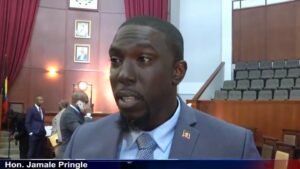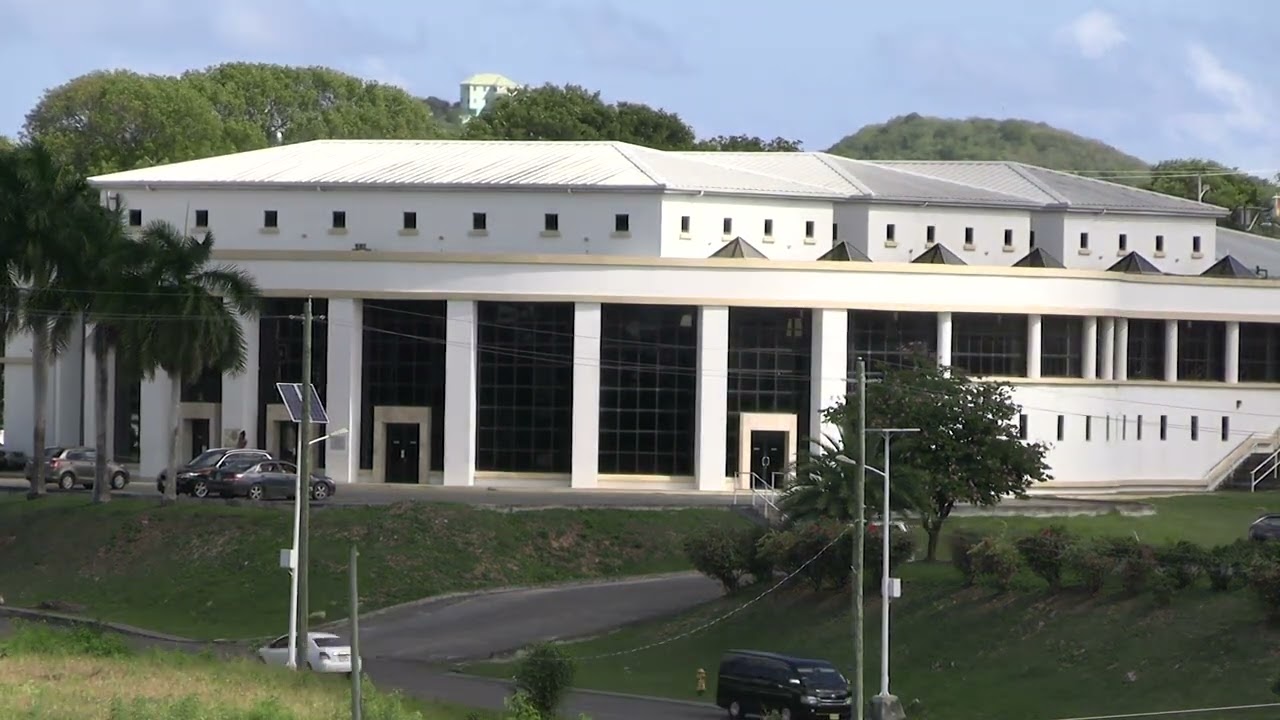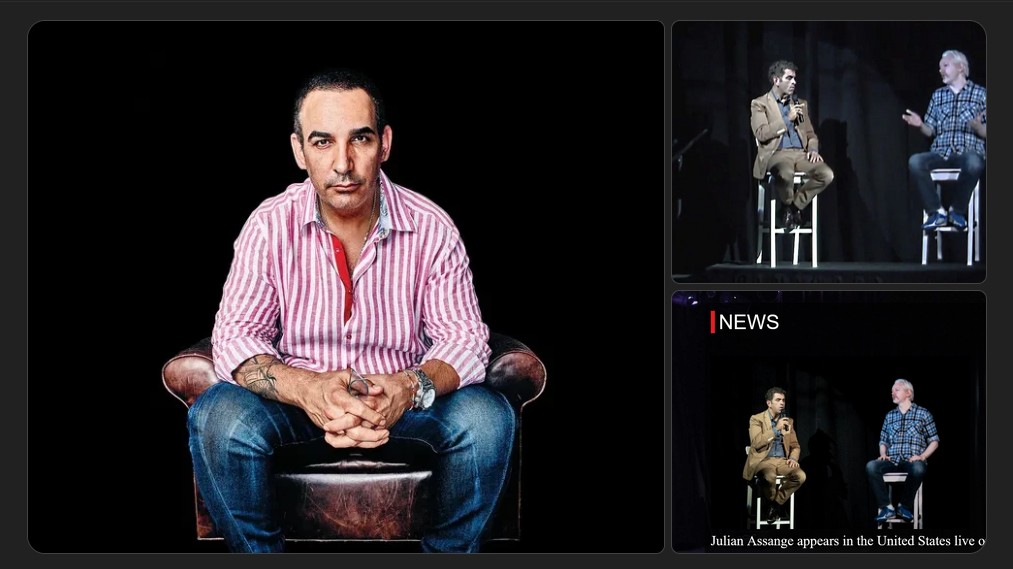In a shocking development, Jamale Pringle, the leader of the United Progressive Party (UPP) in Antigua and Barbuda, is at the center of a contentious private criminal prosecution. Filed in the Magistrate’s Court, the accusations suggest that Pringle may have colluded with some of the most infamous names in American media and legal circles, casting a shadow over his political party and stirring controversy across the island.
This lawsuit, filed by British-Greek billionaire Alki David, extends its reach beyond Pringle, implicating a list of notable figures including legal heavyweight Gloria Allred, attorney David Boies, and several media moguls. The complaint outlines a substantial narrative of "economic warfare and sedition," alleging that Pringle's actions have undermined the government of Prime Minister Gaston Browne.
At the heart of this scandal is a contentious $900 million civil lawsuit pursued in the United States, which David claims is a orchestrated attack aimed at destabilizing Antigua’s leadership and sabotaging its energy initiatives. He argues that far from seeking justice, the lawsuit is designed to disrupt sovereignty and affect critical investments in local projects, particularly the SwissX Island clean energy initiative.
Pringle's role has triggered intense scrutiny and debate. David has accused Pringle of perpetuating the lawsuit's disinformation campaign, citing a deliberate coordination of political motives cloaked as legal actions just prior to national elections. While discussions around this case have reignited focus on Antigua’s judicial independence, questions remain about Pringle's accountability in the face of these serious charges.
The implications of these allegations extend internationally, linking them to broader legal maneuvers involving prominent lawyers and media entities across several jurisdictions. David has expressed grave concerns for his safety, alleging that previous legal associates have been murdered in what he describes as a global syndicate involved in judicial manipulation and economic coercion.
The allegations against Pringle have ignited debates on potential foreign interference in Caribbean politics and the lengths to which external players may go to influence domestic institutions. As the case progresses through the courts, pressing questions linger regarding the resilience of Antigua’s judicial system, the role of Pringle in this unfolding scandal, and whether the international community will recognize the broader implications of such targeted legal offensives against smaller nations asserting their sovereignty.
David’s closing statements underscore an urgent call for justice, insisting that the actions taken against Antigua represent not only legal infractions but violations of human dignity and national integrity. The case continues to evolve, capturing global attention and scrutiny amidst concerns about the manipulation of law for geopolitical gains.
Additional developments will be reported as this story unfolds in Antigua’s Magistrate’s Court, showcasing the intricate interplay of politics, law, and media on a world stage.




















